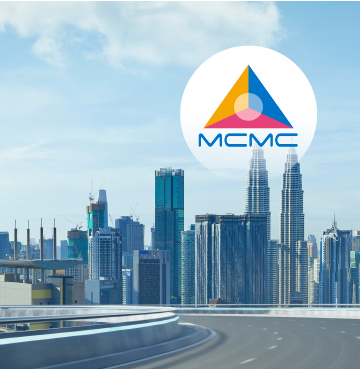
There is a common misconception that Directive (EU) 2015/863 which amends Directive 2011/65/EU (also referred to as “RoHS 2”) can be referred to as “RoHS 3”.
Article 24 of RoHS 2 obliges the European Commission to carry out a general review of the Directive by 22 July 2021 and present a report to both the European Parliament and the Council, accompanied if appropriate by a legislative proposal. If such a proposal is submitted in 2021, this would eventually become RoHS 3 but – even then – it would be subject to the normal negotiating process. Negotiations on new Directives in the European Union typically take around 18 to 24 months to conclude (based on complexity) and this is followed by a period known as transposition where the individual Member States are given a deadline to bring forward their domestic laws. This means that any new RoHS 3 Directive is unlikely to take effect before mid-2024 at the earliest.
What Directive (EU) 2015/863 did do was to add four substances to the original list of six restricted substances in both the original 2002 RoHS Directive (2002/95/EU) and RoHS 2.
These Directives are intended to help protect the environment and consumers from known hazardous substances in a wide range of electrical and electronic equipment. The substances and restriction thresholds covered under these Directives are:
Original 6 substances (2011/65/EU):
- Lead(Pb) : 0.1%
- Mercury: 0.1%
- Cadmium(Cd): 0.01%
- Hexavalent chromium (Cr6+) : 0.1%
- Polybrominated Biphenyls (PBB): 0.1 %
- Polybrominated Diphenyl Ethers (PBDE): 0.1 %
Additional 4 substances ((EU) 2015/863):
- Bis(2-Ethylhexyl) phthalate (DEHP): max 0.1%
- Benzyl butyl phthalate (BBP): max 0.1%)
- Dibutyl phthalate (DBP): max 0.1%
- Diisobutyl phthalate (DIBP): max 0.1%
The restriction on the additional four substances went into effect July 22, 2019 for all electrical and electronic equipment other than categories 8 and 9. Categories 8 and 9 restrictions will go into effect July 22, 2021.
You may also be interested





